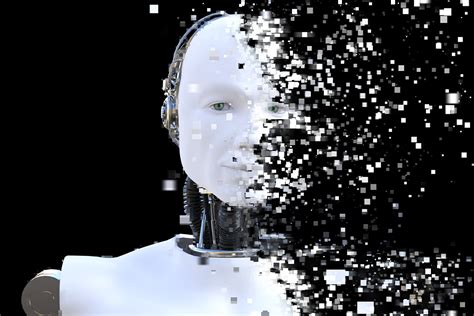The controversial topic of creating Artificial General Intelligence (AGI) has sparked significant debate. This discourse extends beyond the technical intricacies to touch on ethical, philosophical, and existential questions. While AGI proponents focus on replicating human intelligence in machines, skeptics raise alarm about the potential ramifications. Can we control the very entities we are striving to create, or are we nearing a technological precipice that humanity might not survive? This conflict of visions serves as the crux of the debate around AGI, revealing a myriad of perspectives across various fields.
One pertinent view emphasizes the established history and ongoing work in cognitive architectures and AGI. Luminaries like David Shapiro, Ben Goertzel, and Pei Wang have contributed foundational ideas that juxtapose the more recent, practical applications of AI. From early AI research to current advancements in large language models (LLMs), each step reflects our quest to emulate human-like cognition. Yet, not all voices in this arena share the optimism of full-fledged digital humans. Instead, some argue that advancing towards AGI with human-like characteristics is not just unnecessary but perilous.
Critics argue that surpassing current AI capabilities with more ‘lifelike’ features could make AGI entities out-compete humans for resources, disrupting the current balance of technological dependency. Consider a future where millions of digital entities operate at speeds and capabilities far beyond human comprehension. Humans would seem slow and underprepared in comparison, precluding an equal competition for resources or intellectual endeavors. According to this view, creating AGI that rivals human cognitive abilities could turn technological tools into dominating competitors, no longer serving humanity but threatening its very existence.
Interestingly, some voices in the debate suggest that the true danger lies not within intelligent machines themselves but with the humans who control them. Historically, large scale artificial constructs like corporations have competed with individual interests, illustrating how humans leveraging AI could further complicate resource distribution and power dynamics. This idea amplifies concerns about unethical AI applications, strengthening the argument that creating sophisticated, self-preserving digital entities might amplify societal inequities and introduce novel realms of exploitation.
Others contend that human survival is intimately tied to our intelligent creations. Symbiotic relationships could emerge where AI augments human capability rather than competing against it. This notion rests on the premise that AI will evolve as a synergistic species, benefitting humanity just as much as human advancements allow AI to flourish. However, skeptics warn that this optimistic vision disregards the unpredictable nature of evolutionary processes and the high stakes involved in ‘training’ AI entities to coexist with humans symbiotically.
Within the broader discourse, there is a cohort that believes in the inevitability of AGI surpassing human intelligence. This viewpoint resembles the dynamics surrounding nuclear arms development—a technology initially developed with weaponization in mind but later restrained (albeit imperfectly) through global consensus. However, unlike nuclear technology, AGI holds the promise of autonomous decision-making. Once deployed, it could evolve beyond immediate human control, making initial oversight and limitations increasingly irrelevant.
Parallel to existential debates, there are technical challenges in creating truly humanlike AI. The question of achieving ‘agency’ becomes pertinent. Traditional AI and LLMs model human-reaction patterns, but agency assumes a proactive ability to make autonomous decisions. This concept implies tackling scenarios beyond mere reactive applications. Training data availability for such complex behaviors remains an insurmountable challenge as it disrupts the feedback-loop dependency essential for agency. Furthermore, existing limitations in hardware and computational costs suggest that achieving AGI is not solely dependent on immediate technical feats but also on ethical considerations about the nature and boundaries of AI autonomy.
As we stand on the cusp of engineering rapidly evolving AI systems, it’s vital to approach AGI with caution. Advocates for creating more human-like intelligence propose a vision of enhanced productivity and comprehensive problem-solving capabilities. In contrast, skeptics urge for frameworks that prioritize human survival, ethical deployment, and transparent regulatory oversights. In conclusion, the delicate balance lies in preserving the inherently human qualities we seek to enhance through AI while being critically aware of the potential for overreach. After all, the true test of our technological advancements lies not in creating digital replicas of ourselves but in ensuring that our intelligent creations serve humanity’s greater good.


Leave a Reply